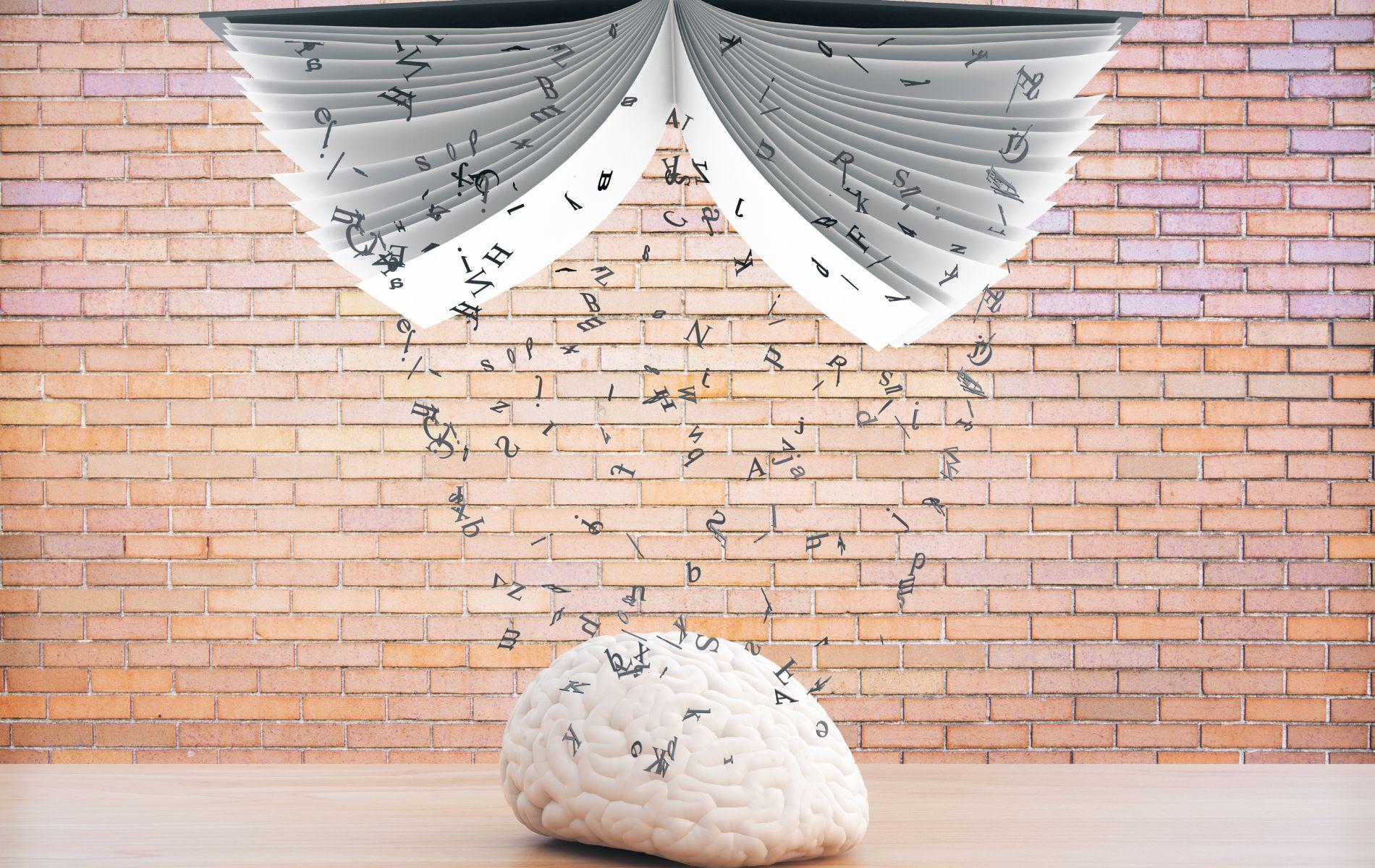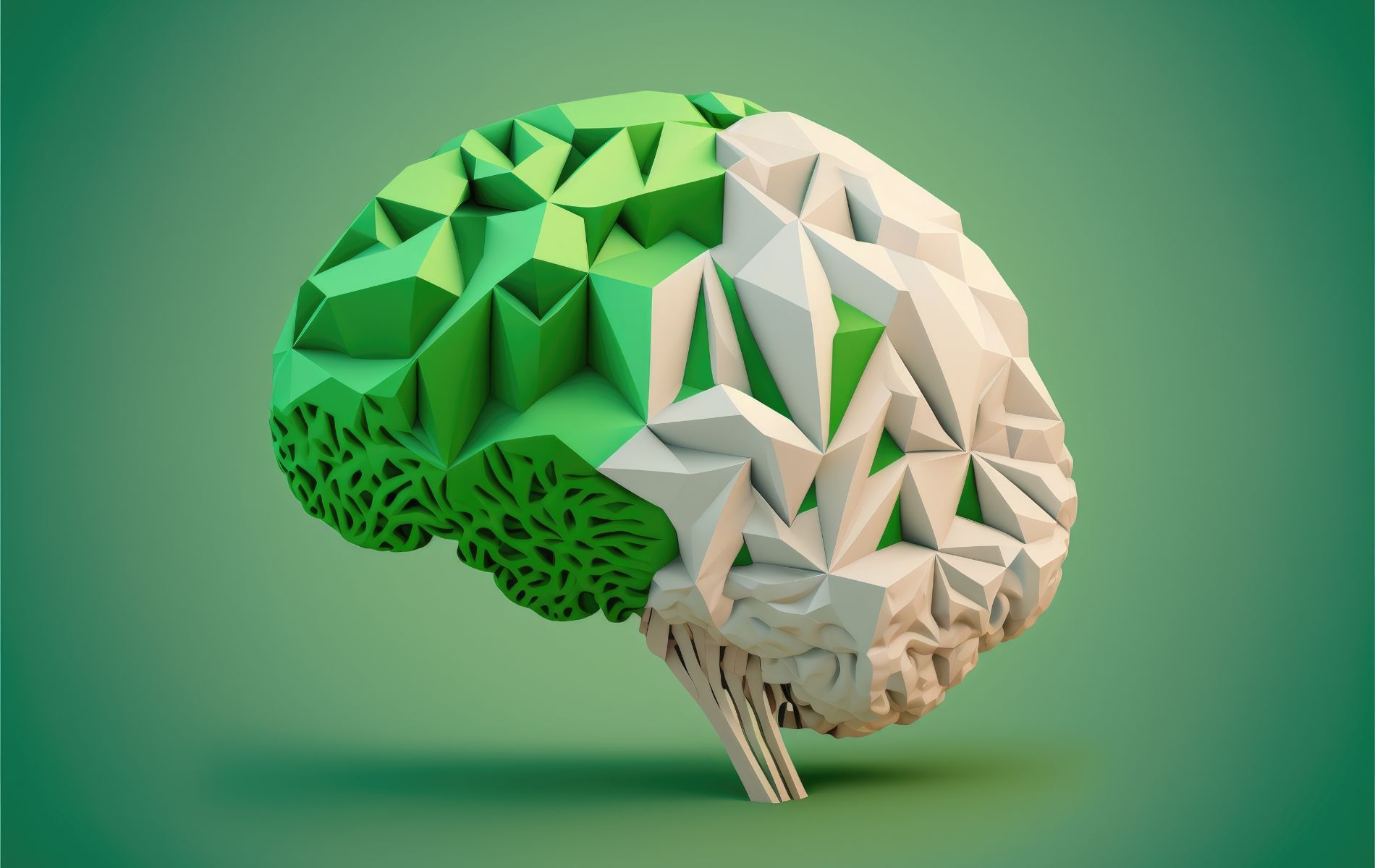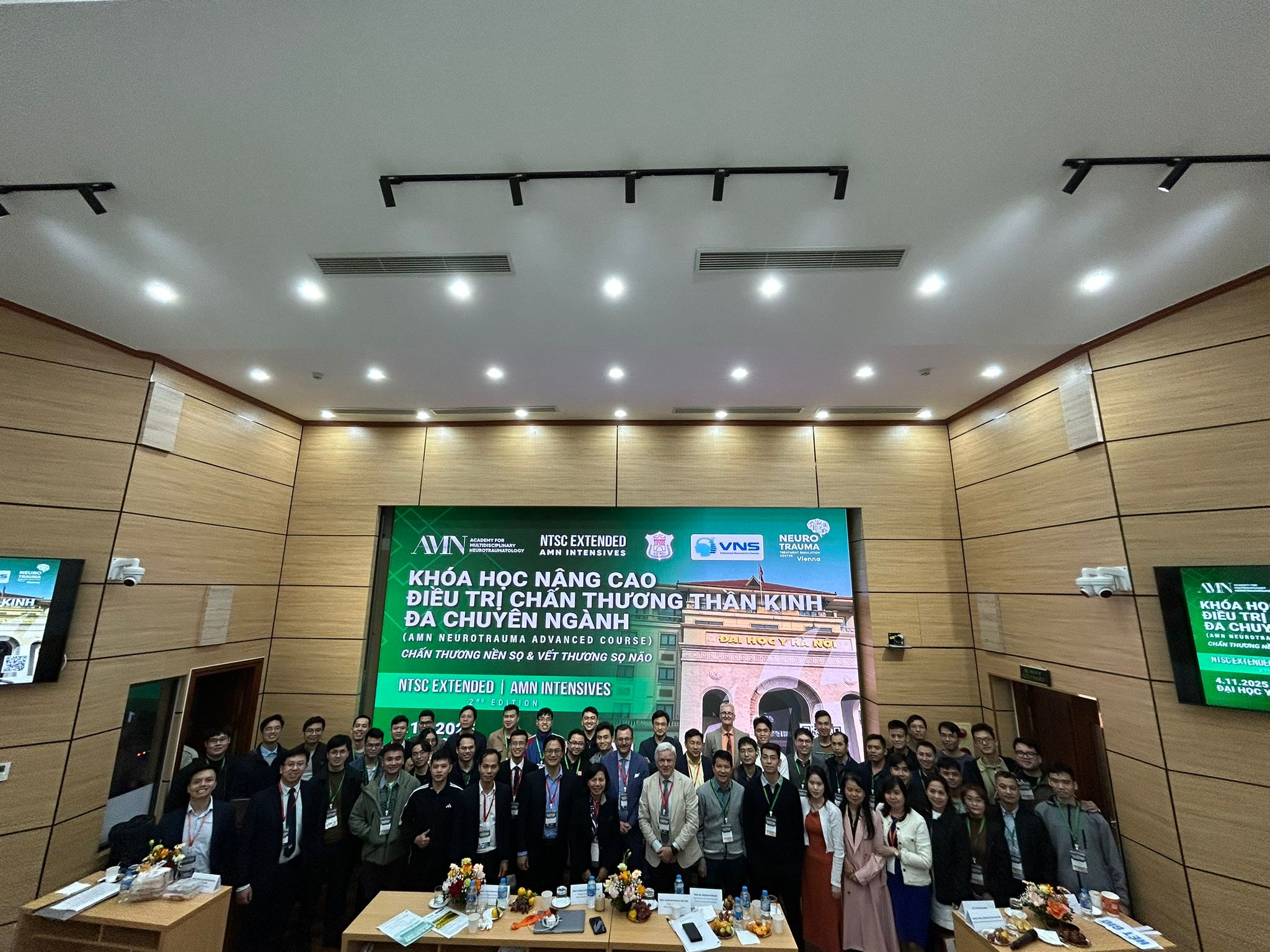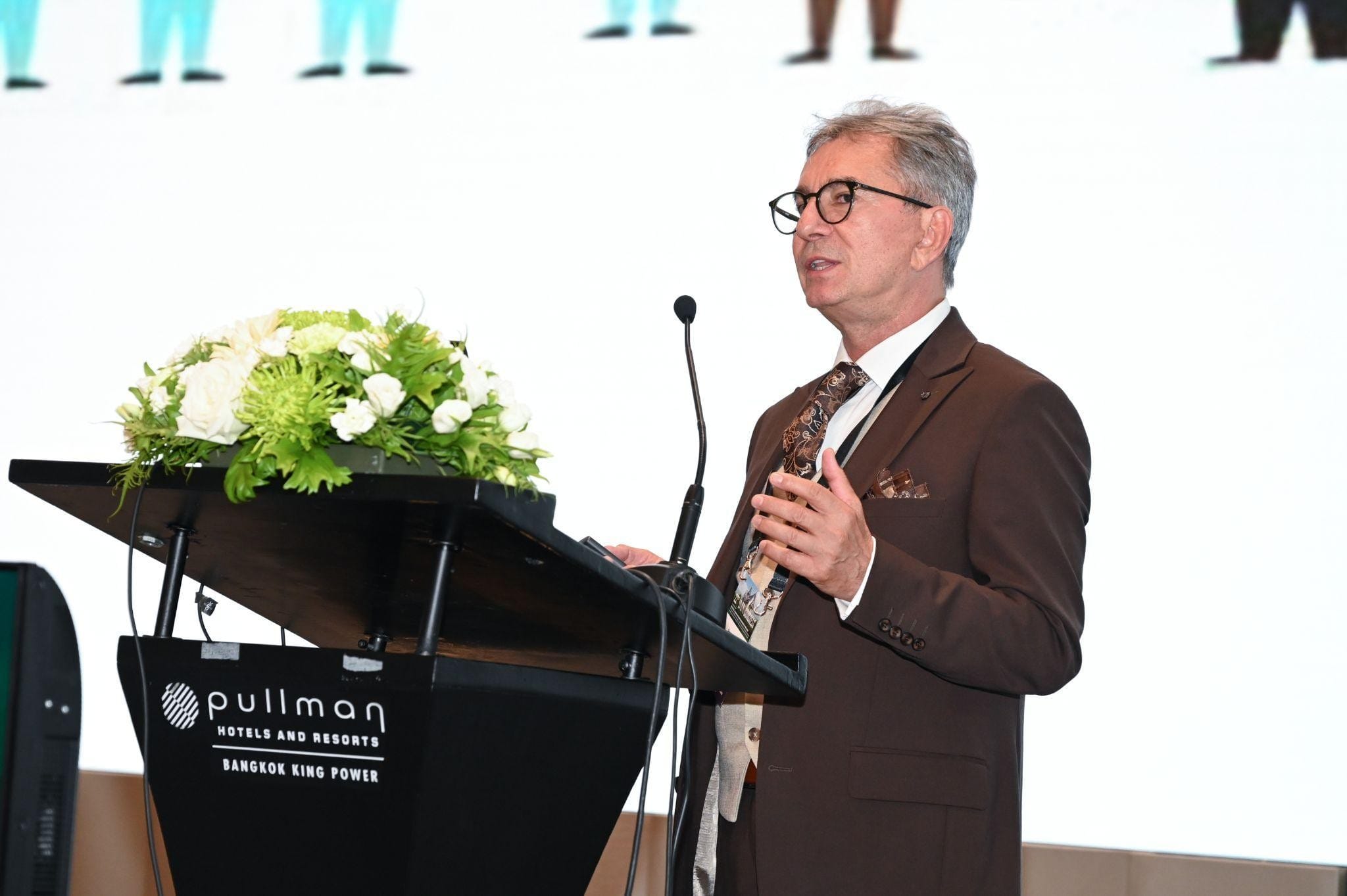Authors:
Luis Rafael Moscote-Salazar, MD | Colombian Clinical Research Group in Neurocritical Care, Bogotá, Colombia
Tariq Janjua, MD | Critical Care Unit; Regions Hospital; Saint Paul, MN, USA
Keywords: information, info-pollution, neurosurgeons, patients
Neurotrauma and Info-pollution – what actions are needed?
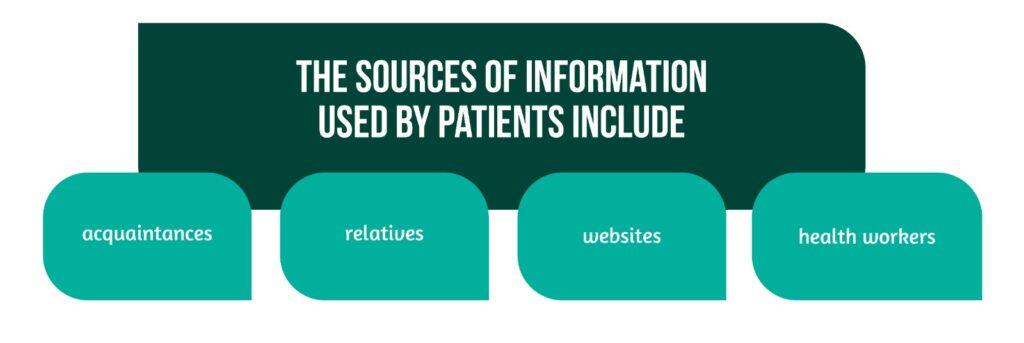
The main reasons why patients decide to seek information related to health are highlighted in Figure 2 below.
There are currently tools to evaluate the quality of information available to the consumer on the Internet, such as DISCERN (http://www.discern.org.uk), with great utility in making decisions that are suitable for patients.
Are there any regulations in place?
The absence of clear regulation of online information may lead to incorrect interpretation of information by the patients and their relatives. Incorrect information can determine inappropriate decisions and alteration of perspective towards the doctor and the procedure. Sometimes, patients in the search for knowledge could retain biased information that causes anxiety, increases expectations, and may even request treatments not available and sometimes unknown by neurosurgeons.
It would be interesting to see a greater participation by physicians with basic and useful information on their web pages. It is highly recommended to enhance the involvement of neurosurgery societies with information related to nervous system pathologies and various neurosurgical procedures.
Another limitation of a successful choice of information is that anyone can consider himself an expert and can create a website with irresponsible information and vague data sources. On the one hand, the lack of an organization that regulates available information is a major stimulus that creates a rather info-polluted climate [8].
On the other hand, neurosurgeons must discuss the pathology and the specific procedure with their patients in as concise a way as possible, so neurosurgeons can guide the complementary searches performed by the patients as well as provide information in the form of supplements designed by the corresponding care provider [9].
Conclusions
Finally, the info-pollution is here to stay. Neurosurgeons and neurointensivists should be alert to the fact that disinformation is affecting the doctor-patient relationship, and our efforts must be doubled to ensure that our patients receive the maximum reasonable information about their illness and the surgery to which they will be subjected.
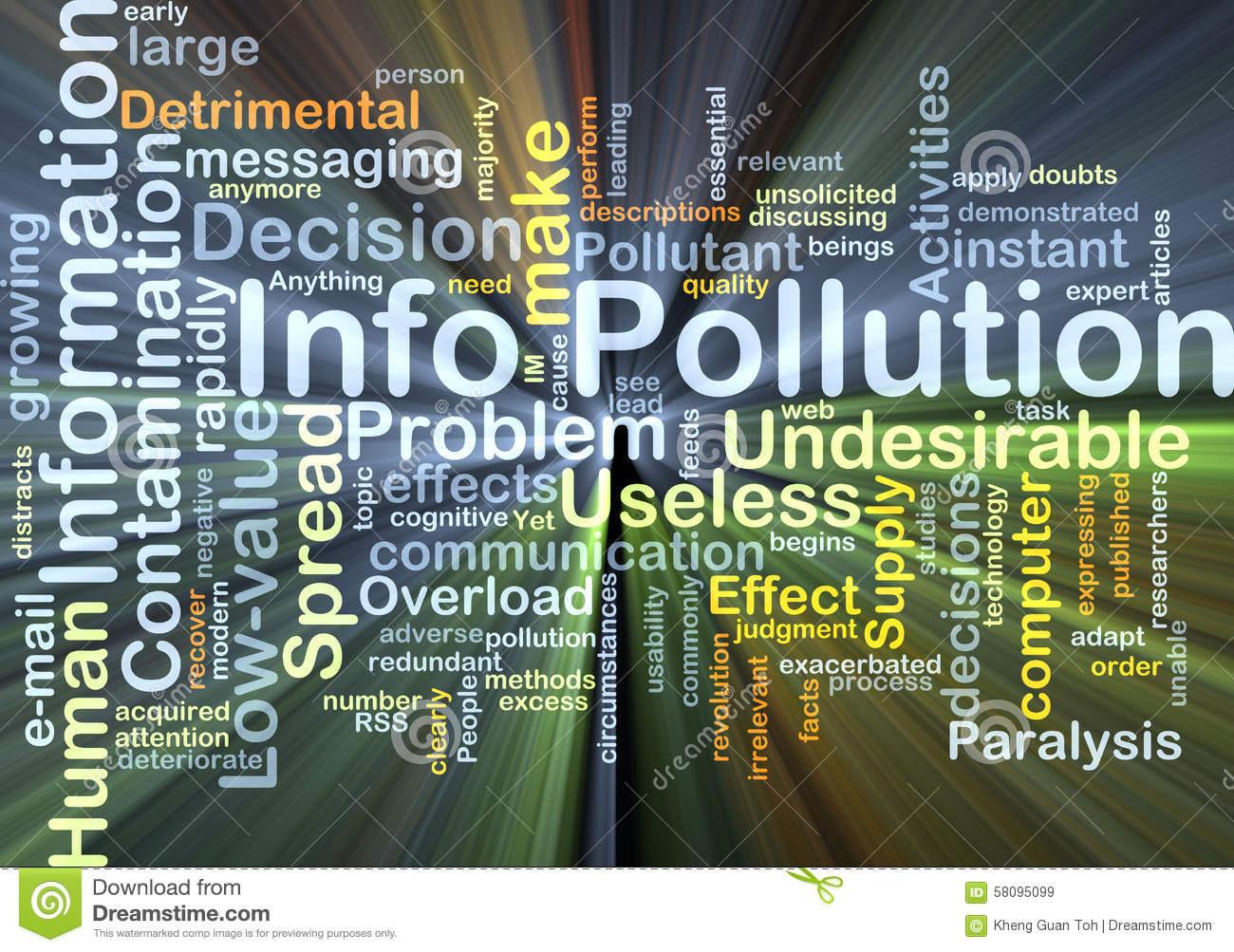
To bridge the gaps in knowledge and education, certain programs, such as the Neurotrauma Treatment Simulation Center (NTSC), have been developed and implemented. Moreover, you can learn more about the relationship between COVID-19 and TBI, as well as many other neurotrauma-related topics, on the AMN Blog.
References
- Eysenbach G, Diepgen TL. Patients looking for information on the Internet and seeking teleadvice: motivation, expectations, and misconceptions as expressed in e-mails sent to physicians. Arch Dermatol. 1999; 135:151–6. https://pubmed.ncbi.nlm.nih.gov/10052399/
- Hargrave D R, Hargrave U A, Bouffet E. Quality of health information on the Internet in pediatric neuro-oncology. 2006 Neuro-oncology 8: 175 – 182. https://pubmed.ncbi.nlm.nih.gov/16533758/
- Jadad AR, Gagliardi A: Rating health information on the internet: Navigating to knowledge or to Babel? 1998 JAMA 279(8):611-614. https://pubmed.ncbi.nlm.nih.gov/9486757/
- Lunik MC: What’s in there for me? 1998 The internet for pharmacists. Pharm Pract Manag Q 17(4):37-47. https://pubmed.ncbi.nlm.nih.gov/10174747/
- Diaz JA, Griffith RA, Ng JJ, Reinert SE, Friedmann PD, Moulton AW. Patients’ Use of the Internet for Medical Information. Journal of General Internal Medicine. 2002;17(3):180-185. https://pubmed.ncbi.nlm.nih.gov/11929503/
- Silberg WM, Lundberg GD, Musacchio RA: Assessing, controlling, and assuring the quality of medical information on the internet: Caveat lector et Viewer-Let the reader and viewer beware.1997 JAMA 277(15):1244-1245. https://pubmed.ncbi.nlm.nih.gov/9103351/
- Atci IB, Yilmaz H, Kocaman U, Samanci MY. An evaluation of internet use by neurosurgery patients prior to lumbar disc surgery and of information available on internet. Clin Neurol Neurosurg. 2017; 158:56-59. https://pubmed.ncbi.nlm.nih.gov/28460344/
- Lacroix EM, Backus JE, Lyon BJ. Service providers and users discover the Internet. Bull Med Libr Assoc. 1994 82(4):412-418. https://www.ncbi.nlm.nih.gov/pmc/articles/PMC225967/
- Samanci Y, Celik SE.Low Back Pain and Internet: Info-pollution. Turk Neurosurg. 2017;27(5):804-808. https://pubmed.ncbi.nlm.nih.gov/27858395/
- Junqué C, Bruna O, Mataró M. Information needs of the traumatic brain injury patient’s family members regarding the consequences of the injury and associated perception of physical, cognitive, emotional and quality of life changes. Brain Inj. 1997 Apr;11(4):251-8. doi: 10.1080/026990597123557. https://pubmed.ncbi.nlm.nih.gov/9134199/
